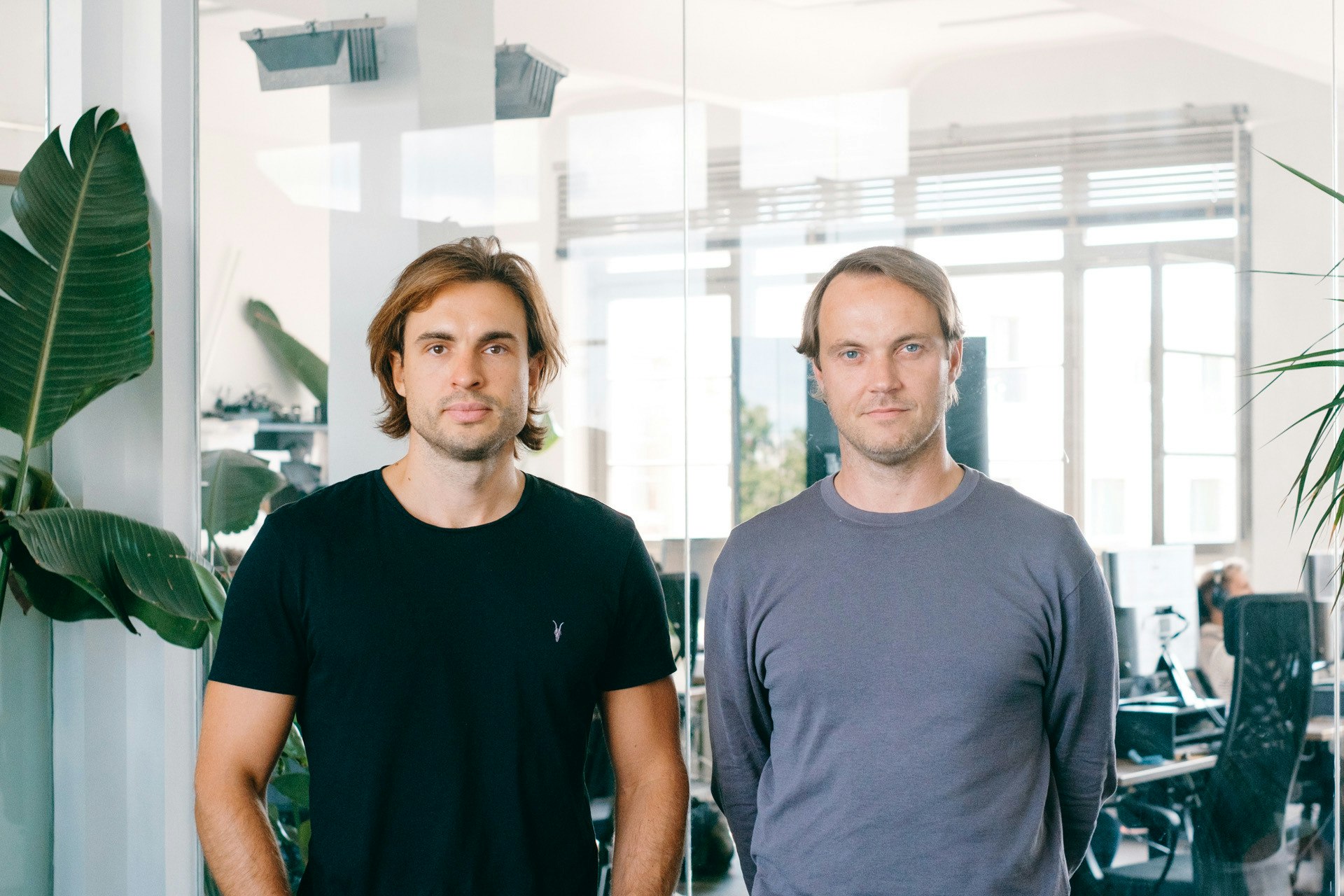It’s crunch time for the car industry in its race to go green. From 2035 onwards, any new cars and vans sold in the European Union and the UK must be zero emission vehicles.
In response, car companies are ramping up their electric vehicle lineups and scrambling to secure access to the components needed to build them. As a way to get there, many automotive makers are upping their investments into climate tech startups.
So far in 2023, car companies have participated in European tech deals worth a combined $2.7bn, according to data from Dealroom. That’s the second highest year on record, after $3.5bn in 2021.
Gigafactories and charging infrastructure
Sifted identified 59 deals between 2018 to 2023 that involved one of thirteen car companies or their CVC arm: Jaguar Land Rover, BMW, Porsche, Nissan, Volvo, Renault, Volkswagen, Ford, General Motors, Hyundai, Honda, Stellantis and Mercedes Benz. 36% of those deals went to companies working on EV charging technology — such as German startup ubitricity, which secured a Series C including investment from Honda, and Ev.energy, a UK charging startup backed by InMotion, the venture arm of Jaguar Land Rover.
The largest deals participated in by car companies all went to gigafactory startups. Volkswagen first backed Northvolt, the Swedish gigafactory startup now worth $12bn, in 2020 and has joined each round since, including the $1.2bn convertible note raised by the company in August this year.
Other sectors seeing interest from car companies include hydrogen technologies, such as French startup Symbio, which Stellantis (the owner of brands like Jeep, Chrysler, Fiat and Vauxhall) took a 33% stake in earlier this year.
Supply chain traceability is another area car companies are investing in. Volvo backed Circulor, a UK startup working on blockchain technology to help trace the cobalt used in EV batteries. Incoming regulation could put more pressure on automotive makers to know the source of their components, a task which needs traceability tech.
Volkswagen’s backing of Northvolt leads the pack
Volkswagen has participated in the most European climate tech deals — half of which are investments into Northvolt. Other investments include German charging startup Hubject.
InMotion Ventures, the VC arm of Jaguar Land Rove, participated in the second highest number of deals, backing companies including Generation Phoenix, a sustainable leather startup (which makes leather for car seats), and Circulor.
BMW, which runs venture wing BMW i Ventures, backed five companies, writing cheques for five charging startups: Ampeco, HeyCharge, Chargemaster, Hubject and Ionity (a joint venture with a number of other car companies).
Dedicated venture arms and commercial partnerships
Several of the world’s largest car companies have dedicated VC arms, including InMotion Ventures and BMW’s BMW i Ventures. Mercedes Benz had a dedicated venture wing, 1886 Ventures, which in 2020 spun out to include external LPs. Other car companies make direct investments , including Volkswagen’s cheques for Northvolt.
Car companies have also backed VC firms. In 2019, Israeli VC Maniv Mobility raised a $100m fund from investors including Hyundai, the Renault-Nissan-Mitsubishi Alliance and BMW.
Investments can also come in the form of commercial partnerships with climate tech companies — where car companies invest in a startup and agree in advance to become a customer when its product is delivered.
It’s happening a lot in the gigafactory world. Northvolt’s deal with Volkswagen involves an offtake agreement (an agreement to purchase products in advance of when they’re produced). In 2021, Renault became both an investor and a customer of French battery maker Verkor. It took a 20% stake in the business and has agreed to buy 12 GWh of production annually — enough to make up to 200k cars — from 2025 onwards.
As well as investing in startups, there are also new companies directly launched by the automotive makers. That includes Ionity, a high-powered charging station network to try to help facilitate long-distance EV travel. It’s a joint venture founded by the BMW Group, Mercedes-Benz Group, Ford Motor Company and Volkswagen Group.


